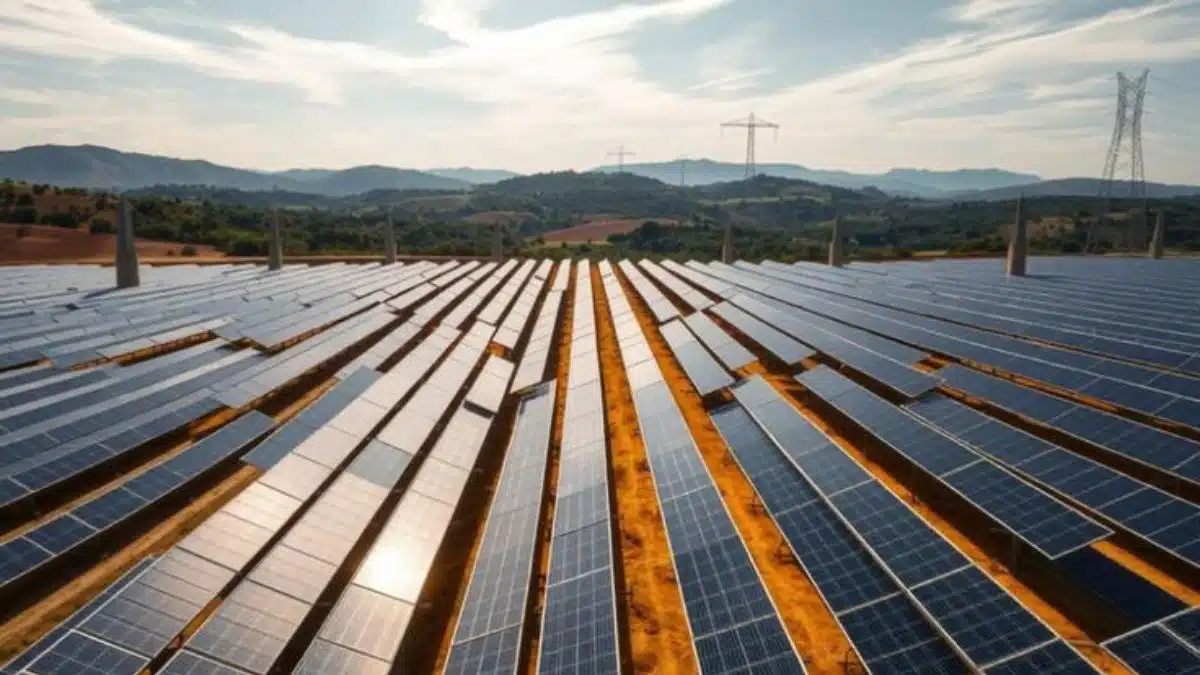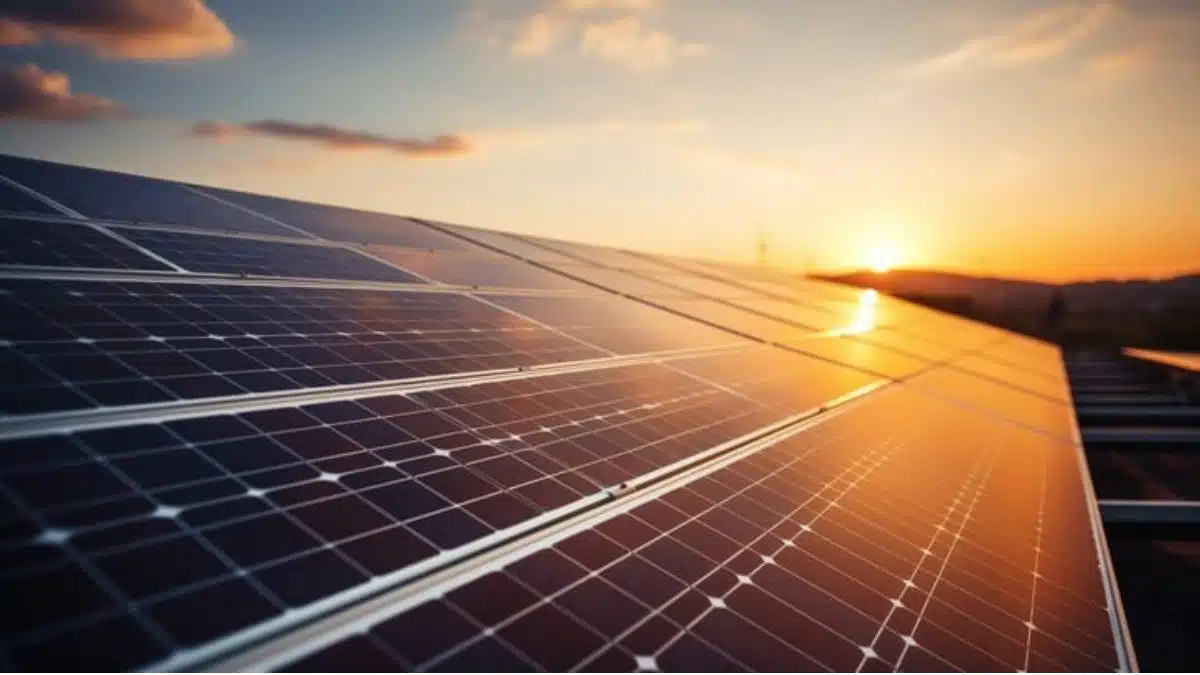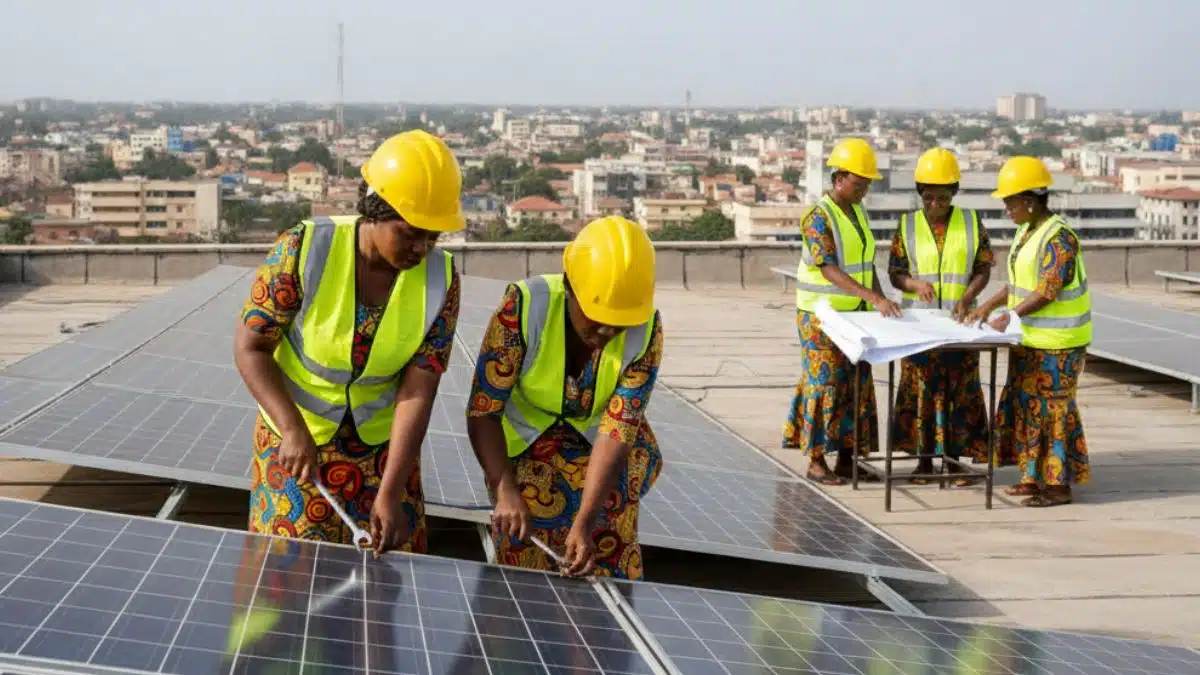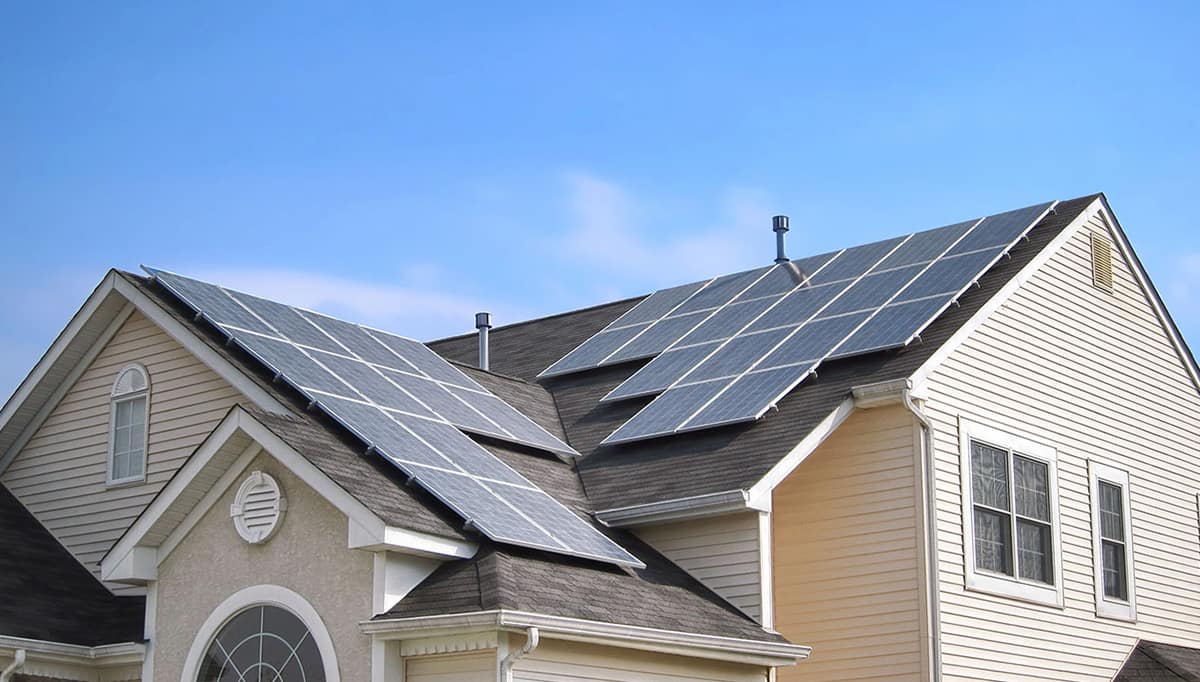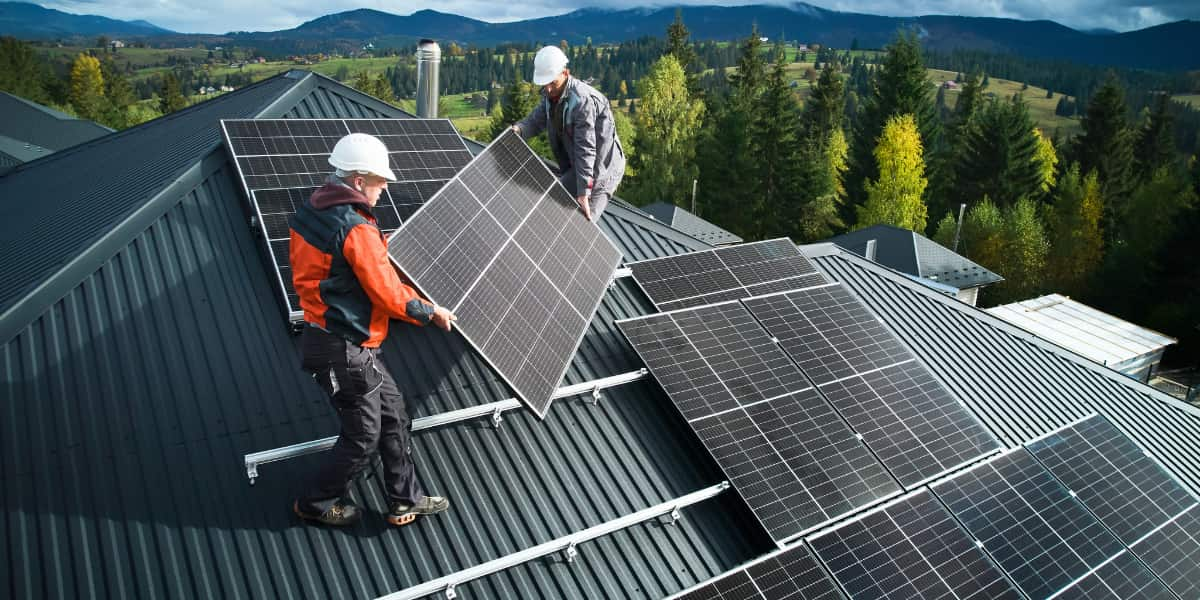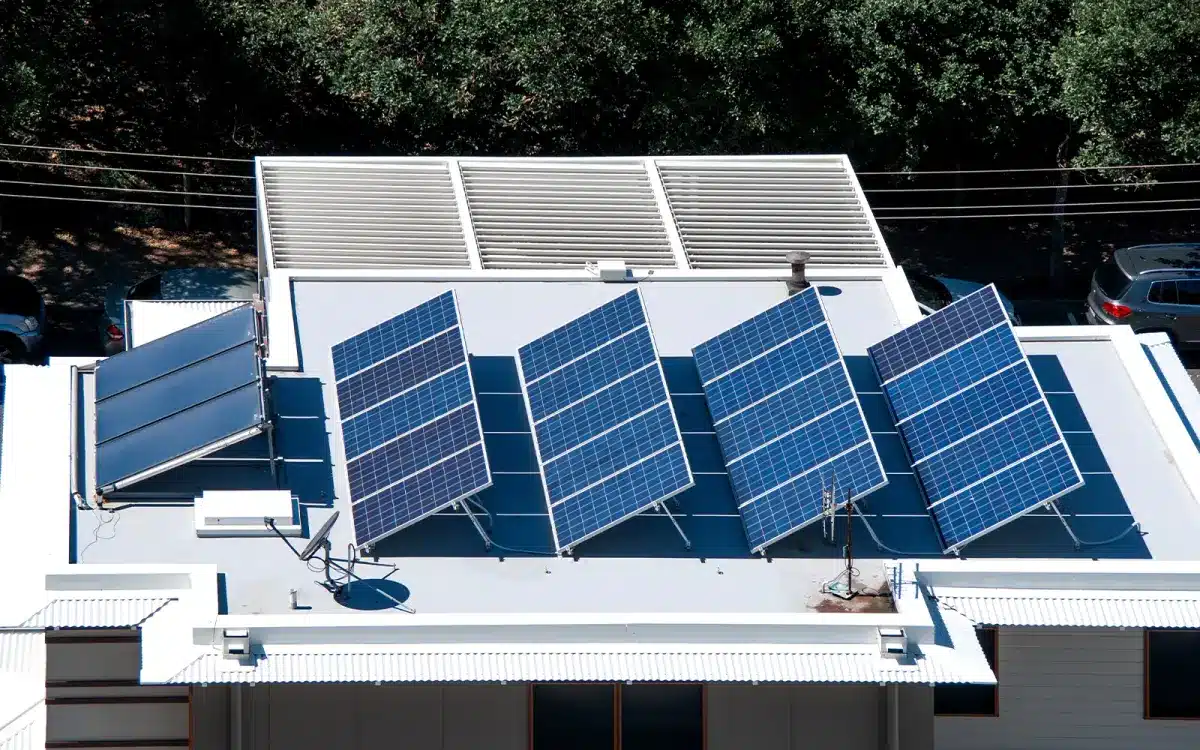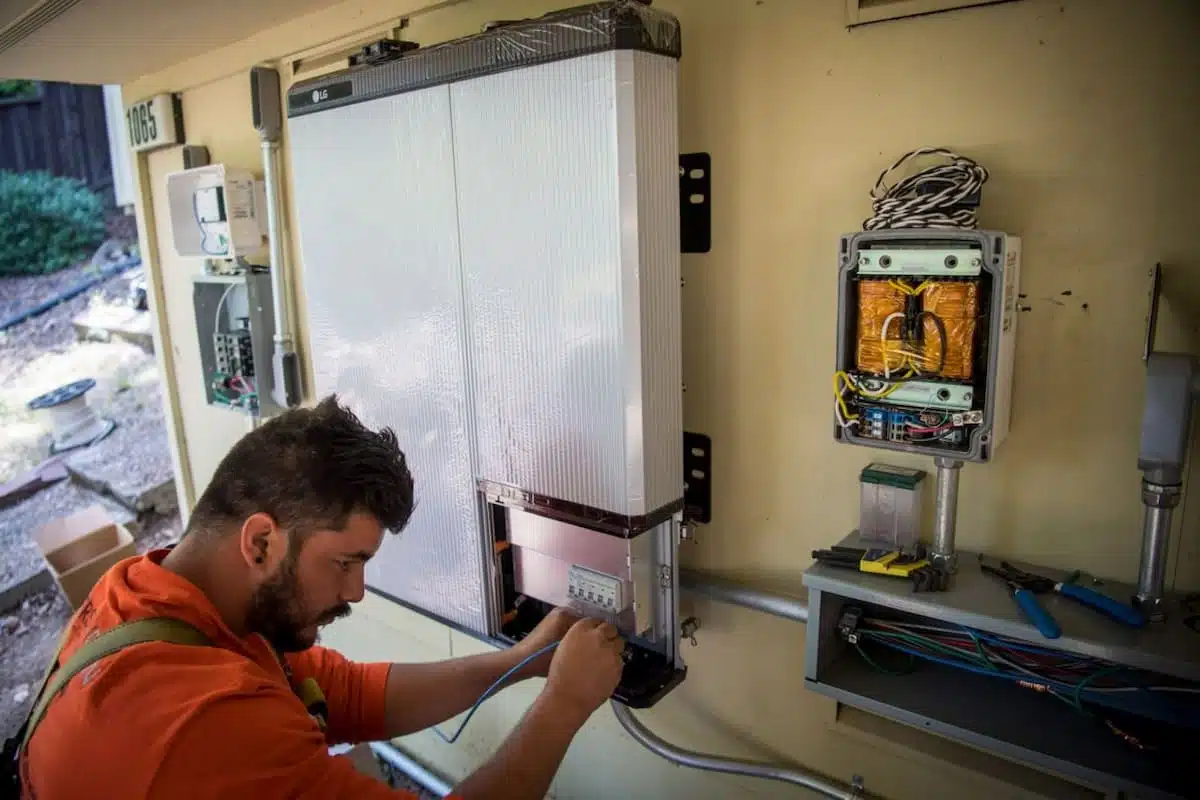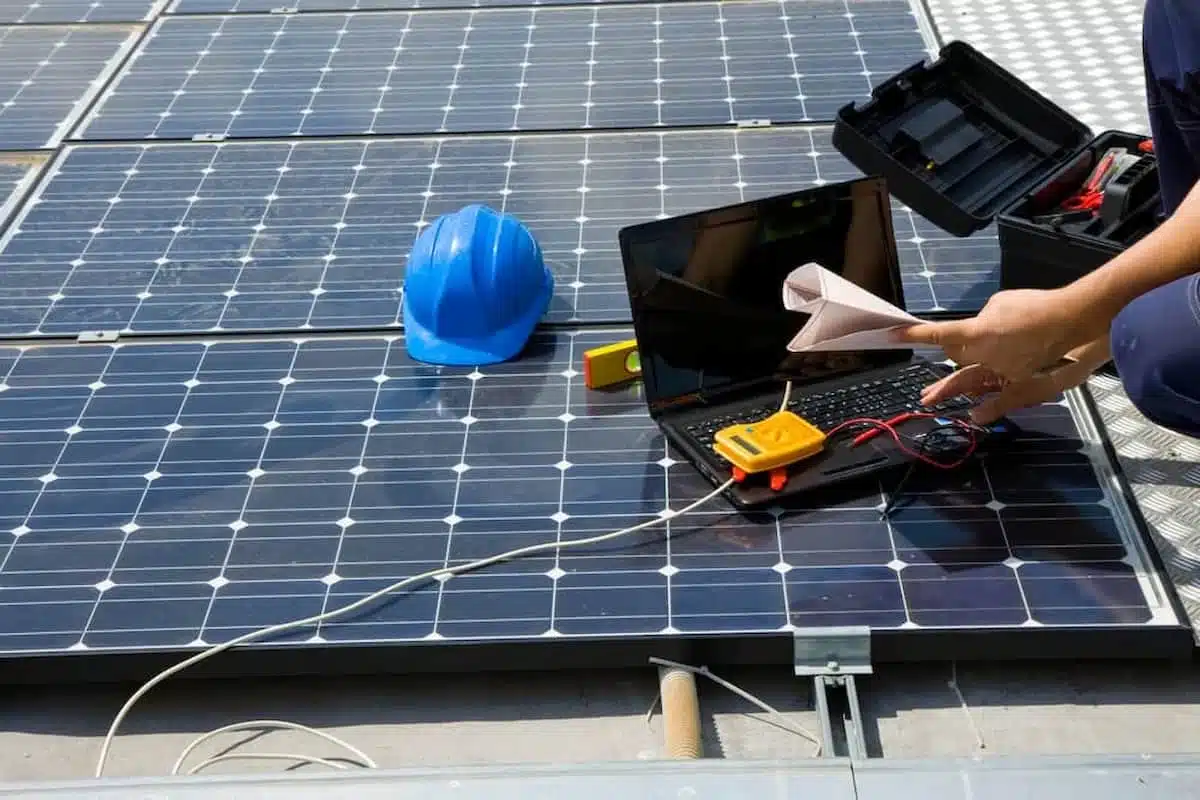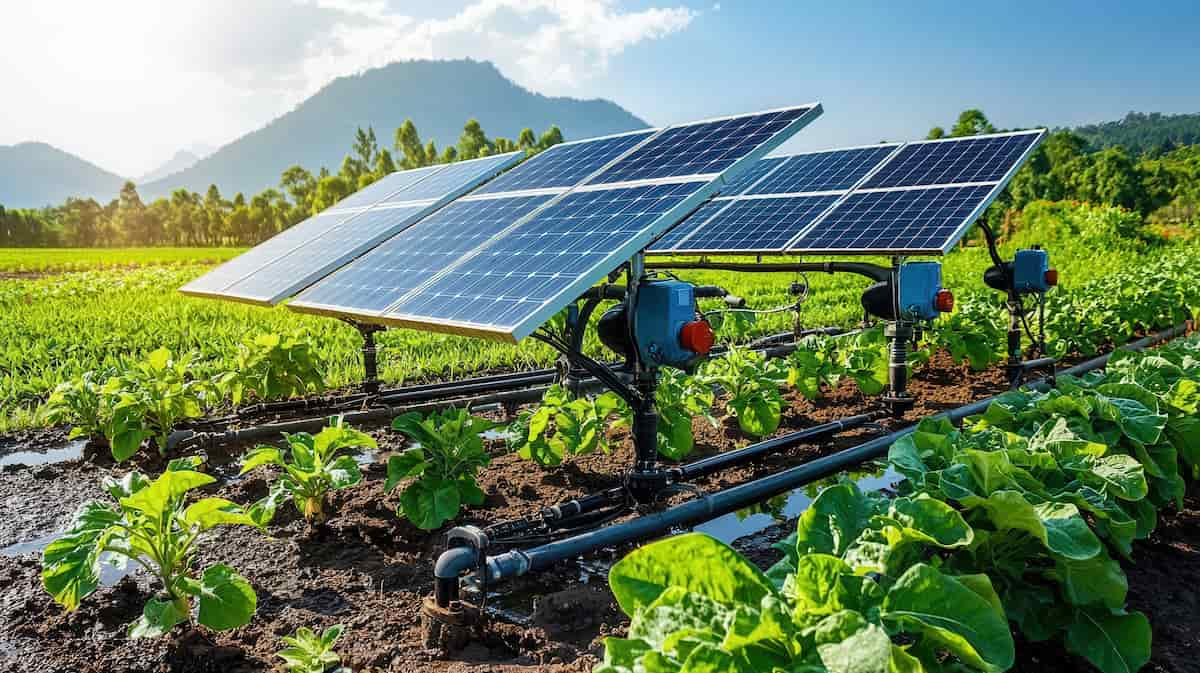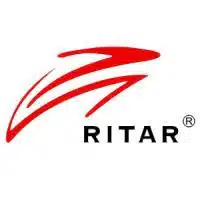Blogs
Solar Irrigation & Cold Storage: Boosting Ghana’s Agriculture
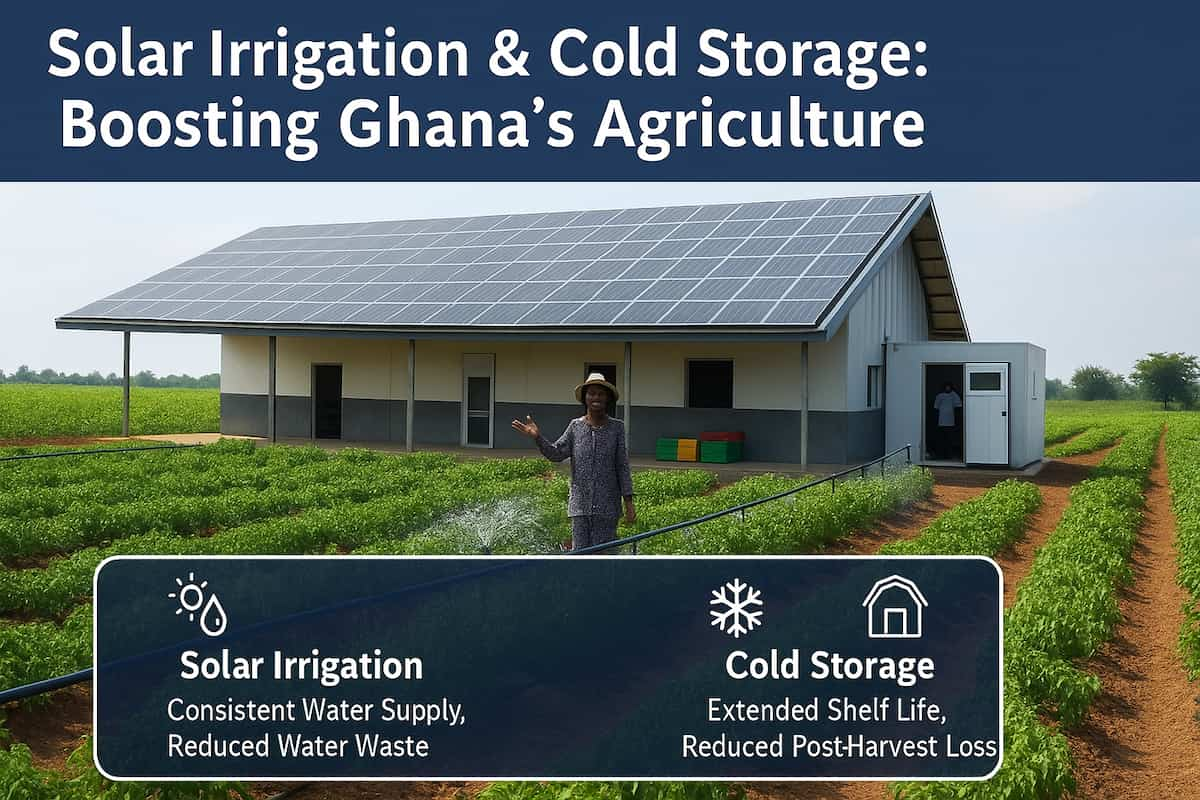
Solar irrigation and cold storage play a crucial role in transforming Ghana’s agricultural landscape. Agriculture is a cornerstone of Ghana’s economy, employing a significant portion of the population and contributing to the nation’s GDP. However, challenges such as unreliable rainfall, inefficient irrigation systems, and post-harvest losses hinder the growth of the agricultural sector. One solution that holds great promise for addressing these challenges is solar-powered irrigation and cold storage. These technologies offer sustainable, cost-effective ways to boost agricultural productivity, reduce waste, and improve food security. This article explores how solar-powered solutions are transforming Ghana’s agriculture and why they are essential for the future of farming in the country.
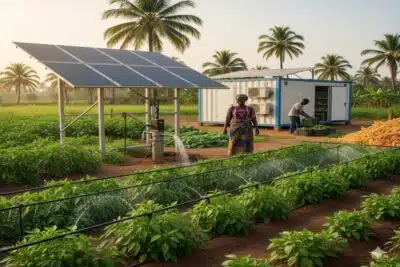
The Challenges Facing Ghana’s Agriculture
Ghana’s agricultural sector faces several challenges that impede its growth and sustainability:
-
Unpredictable Rainfall: Rain-fed agriculture in Ghana is highly dependent on seasonal rainfall, which has become increasingly unpredictable due to climate change.
-
Inefficient Irrigation Systems: Traditional irrigation methods, such as flood irrigation, are inefficient and costly, often relying on diesel-powered pumps that add to the financial burden of farmers.
-
Post-Harvest Losses: Without proper storage facilities, crops such as fruits, vegetables, and perishable goods spoil quickly, leading to significant losses for farmers.
-
Energy Costs: Many farms lack reliable access to the national grid, making energy for irrigation systems and storage expensive and inaccessible.
Solar-powered irrigation and cold storage systems are emerging as solutions to these challenges, offering a reliable and sustainable alternative.
How Solar-Powered Irrigation Works
Solar-powered irrigation systems use solar panels to generate electricity that powers water pumps for irrigation. These systems are particularly beneficial in areas with inadequate or unreliable access to the national grid, where conventional irrigation systems might be too expensive or unavailable.
Key Benefits of Solar-Powered Irrigation:
-
Cost-Effective and Sustainable: Solar energy is free and abundant in Ghana, making solar-powered irrigation an affordable and sustainable solution. Once installed, the system requires minimal operating costs, primarily for maintenance, and eliminates the need for costly fuel for diesel pumps.
-
Reliable Water Supply: Solar irrigation systems ensure a constant supply of water, regardless of seasonal rainfall patterns. This is especially critical during dry seasons when traditional irrigation systems may fail.
-
Environmentally Friendly: Unlike diesel-powered pumps, solar-powered systems produce no harmful emissions, making them a cleaner and more sustainable option for farmers.
-
Improved Crop Yields: With access to consistent irrigation, farmers can grow crops throughout the year, improving their yields and increasing food production.
Types of Solar-Powered Irrigation Systems:
-
Drip Irrigation: Delivers water directly to the plant roots, minimizing water wastage and improving efficiency.
-
Sprinkler Irrigation: Mimics natural rainfall and is suitable for larger fields.
-
Center Pivot Systems: Ideal for large-scale farms, offering automated irrigation over vast areas.
The Role of Solar-Powered Cold Storage in Reducing Post-Harvest Losses
Post-harvest losses are a significant issue for Ghanaian farmers, particularly for perishable crops like fruits, vegetables, and fish. Without proper storage facilities, these crops can spoil within hours, leading to substantial financial losses. Solar-powered cold storage is an innovative solution that allows farmers to store their produce at the right temperature, reducing spoilage and improving market access.
How Solar-Powered Cold Storage Works:
Solar-powered cold storage systems use solar panels to generate electricity that powers refrigeration units, which keep produce fresh and extend shelf life. These systems are equipped with battery storage, allowing them to operate even when the sun is not shining.
Benefits of Solar-Powered Cold Storage:
-
Extended Shelf Life: By maintaining optimal temperatures, solar-powered cold storage prevents the spoilage of perishable goods, allowing farmers to store produce for longer periods and sell it when market prices are higher.
-
Reduced Wastage: With reliable cold storage, farmers can significantly reduce food waste, improving food security and profitability.
-
Improved Market Access: With a longer shelf life, farmers can transport their products to distant markets, expanding their customer base and increasing their sales.
-
Affordable and Energy-Efficient: Solar-powered cold storage systems are much cheaper to operate than traditional electricity-dependent systems, especially in off-grid areas where access to reliable power is limited.
Applications of Solar-Powered Cold Storage:
-
Fruit and Vegetable Storage: Prevents wilting and spoilage, allowing farmers to store produce like tomatoes, bananas, and citrus fruits.
-
Fish and Meat Storage: Keeps fish and meat fresh, reducing waste in the fisheries sector.
-
Dairy Products: Helps keep dairy products cool, preventing early spoilage and improving marketability.
Why Solar-Powered Solutions Are the Future of Agriculture in Ghana
Ghana’s agricultural sector stands to benefit immensely from solar-powered irrigation and cold storage systems. These technologies are particularly well-suited to the country’s climate and energy landscape. Here’s why solar power is the future for Ghanaian farmers:
1. Abundant Sunshine and Renewable Energy
Ghana is blessed with abundant sunshine throughout the year, making it an ideal location for solar-powered solutions. By harnessing solar energy, farmers can reduce their dependence on expensive and unreliable grid electricity, making their operations more sustainable and cost-effective.
2. Government Support and Policy Initiatives
The government of Ghana has been actively promoting renewable energy adoption through policies such as the Renewable Energy Act, which encourages solar energy development. Initiatives like The National Electrification Scheme also aim to increase access to renewable energy in rural areas, where farmers can benefit from solar-powered systems.
3. Cost Savings and Increased Efficiency
With solar-powered systems, farmers can reduce their reliance on costly fuel-powered irrigation pumps and refrigeration units. These savings can be reinvested in other areas of the farm, leading to overall improved productivity and profitability.
4. Improved Climate Resilience
As Ghana experiences increasing weather extremes, such as prolonged dry seasons and irregular rainfall patterns, solar-powered irrigation systems provide a reliable and consistent water source. This helps farmers adapt to changing climate conditions and continue producing crops throughout the year.
Conclusion: A Bright Future for Solar in Ghana’s Agriculture
Solar-powered irrigation and cold storage systems are game-changers for Ghana’s agricultural sector. These technologies provide sustainable solutions to the challenges of unreliable rainfall, inefficient irrigation, and high post-harvest losses. By embracing solar energy, farmers can improve their productivity, reduce costs, and contribute to food security.
The benefits of solar energy go beyond the individual farmer – they contribute to a more sustainable, resilient, and profitable agricultural sector in Ghana. As the government continues to support renewable energy initiatives, solar power will play a critical role in driving Ghana’s agricultural growth in the coming years.









